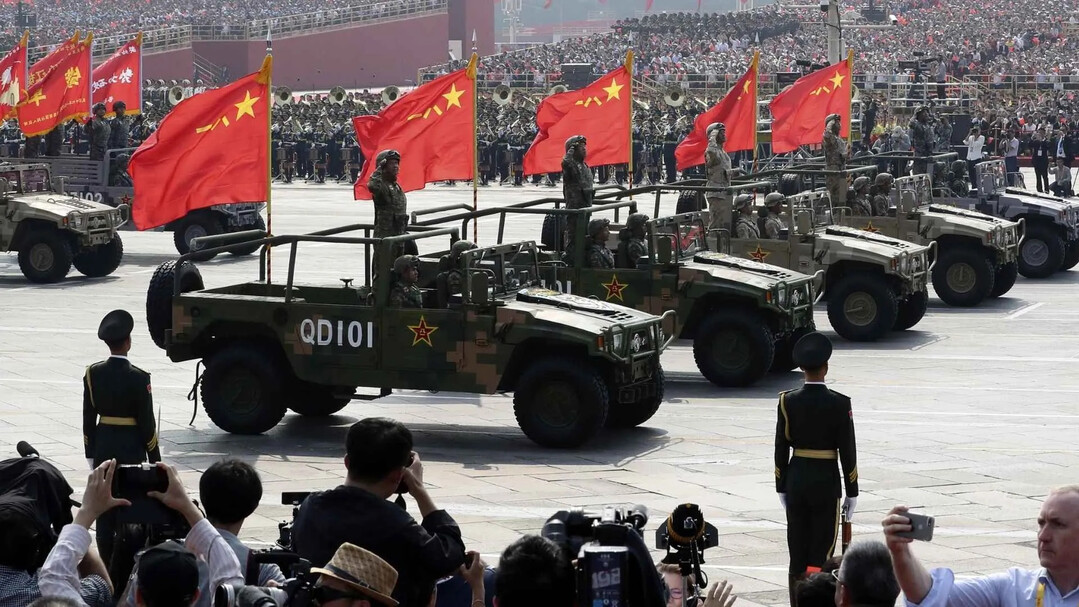
China is further tightening its control over the flow of military-related information online, implementing stricter regulations and punishments for those who violate them. This move, ostensibly aimed at preventing leaks of state secrets, is raising concerns about the potential chilling effect on public discussion and criticism of military matters.
Starting next month, a new set of regulations, jointly issued by ten Chinese government agencies, including the Central Military Commission's Political Work Department and the Ministry of State Security, will govern the dissemination of military information online. These regulations apply to anyone disseminating military information online within China, as well as those who operate online platforms, websites, or accounts related to military affairs.
The regulations prohibit a wide range of activities, including:
Endangering national sovereignty, security, or territorial integrity
Undermining the Communist Party's absolute leadership over the military
Spreading dissenting political views regarding the military
Distorting or denigrating the history of the People's Liberation Army (PLA)
Leaking secrets or engaging in activities that could hinder military operations
Disrupting military operations through misinformation or incitement
Making false claims about military personnel's compensation or benefits
Conversely, the regulations encourage the promotion of Xi Jinping's socialist ideology, the decisions and deployments of the Party and the Central Military Commission, the PLA's history and traditions, and the military's contributions to world peace and development.
Violators of these regulations face administrative penalties or criminal charges, depending on the severity of the offense.
Experts believe these measures could significantly impact military bloggers and commentators who have been sharing information about new weapons systems, personnel changes, and troop movements. Such information has been valuable for understanding the PLA's modernization efforts.
"The Chinese Communist Party has traditionally taken a 'nudge and wink' approach to information about the PLA on the internet," analyst Yuan Yuesheng told CNN. "But this new measure draws a clear line on what constitutes a state secret."
David Bandurski, director of the China Media Project, explained that while military-related news is popular among Chinese netizens, the leadership wants to ensure that speculation and conjecture do not undermine the official narrative of China's military development and capabilities.
James Char, a professor at the S. Rajaratnam School of International Studies in Singapore, noted that the Chinese authorities have always maintained strict control over information related to the PLA. He believes this new measure simply formalizes existing practices.
"The prohibition on sharing information about troop deployments and movements without the PLA's approval is likely intended to prevent leaks ahead of any large-scale military action in the Taiwan Strait," Char added.
This move is seen by some as a further erosion of online freedom in China and a tightening of the information space under President Xi Jinping. It also raises questions about the international community's ability to access reliable information about China's military activities and intentions.
[Copyright (c) Global Economic Times. All Rights Reserved.]




























